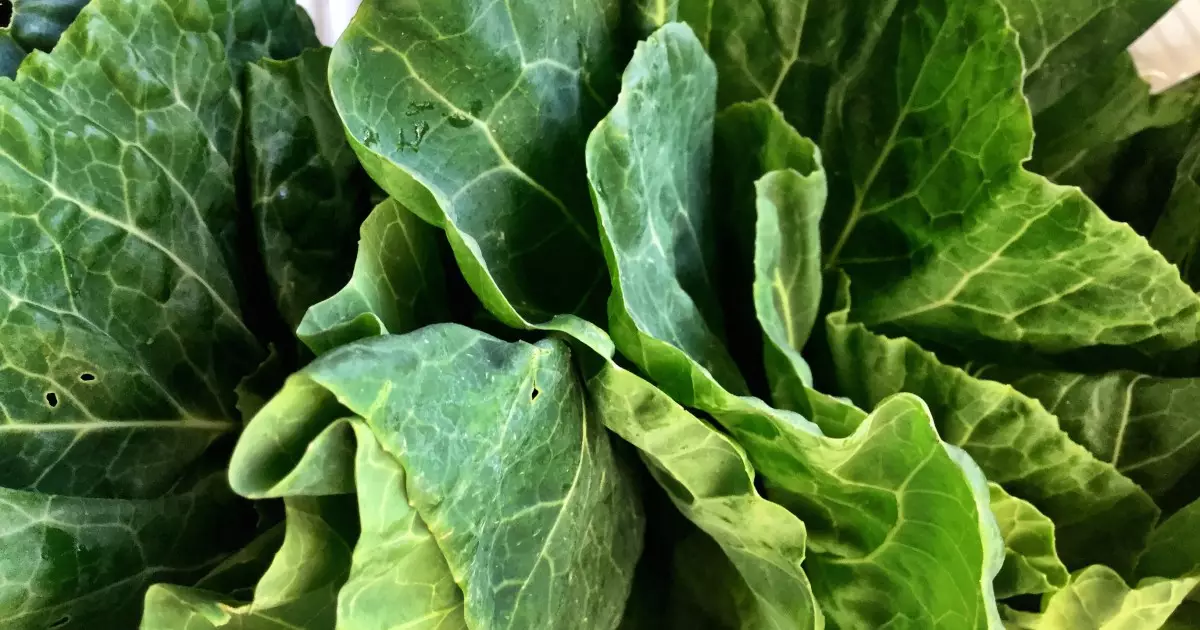When it comes to enhancing a dog’s diet, collard greens can be an intriguing option, packed with vitamins and minerals essential for canine health. Rich in vitamins A, C, and K, as well as folate and riboflavin, collard greens deliver a wealth of nutrition. Not only are these leafy greens a powerhouse for humans, but they can also benefit dogs if introduced thoughtfully into their diet. However, it’s critical to recognize that collard greens are not an automatic addition to every pup’s meals.
Health Considerations for Your Dog
Although the nutritional benefits are appealing, one must approach the idea of feeding collard greens with caution. For dogs suffering from bladder or kidney ailments, the presence of isothiocyanates and calcium oxalate in these greens poses a serious risk. These substances can lead to the formation of kidney stones and exacerbate existing urinary issues. Therefore, if your furry friend is grappling with any existing health concerns related to their urinary tract, it is best to forgo adding collard greens to their diet altogether.
Preparation Matters: Cooking for Safety
The way collard greens are prepared can make a significant difference in their digestibility. It is advisable to serve only the leaves, discarding the stems, which are harder for dogs to break down and can lead to diarrhea. An effective method to ensure they are safe for consumption is to steam the leaves first. This softening process not only makes them easier to chew but also aids digestion—an essential factor when introducing a new food item to your dog’s diet. After steaming, you can chop the leaves into smaller pieces and mix them into your pet’s regular food, enhancing both flavor and nutrition.
Portion Control: Less is More
Moderation is key when incorporating collard greens into a dog’s diet. Veterinary advice suggests serving less than half a cup daily, taking into account the size of your pooch. Larger dogs may handle more, while smaller breeds should stick to smaller amounts. It’s crucial to monitor your dog’s response to this new addition. Any signs of gastrointestinal discomfort should prompt an immediate cessation of serving collard greens.
Mind the Additives: A Cautionary Note
While fresh or lightly blanched collard greens can be a nutritious snack or meal component, caution should be exercised regarding how they are prepared. Ingredients like salt, often used to enhance flavor for human consumption, are detrimental to dogs. Excessive salt intake can lead to severe health issues, including salt poisoning. Therefore, it’s paramount to prepare the greens simply and avoid any seasoning that may harm your pet.
Conclusively, while collard greens can be an exciting and nutritious addition to your dog’s diet, careful consideration and preparation are vital. Consult your veterinarian before making any changes to your dog’s food. They can offer personalized advice to ensure your furry friend’s meal plan is as healthy and safe as possible. Balancing nutrition with safety will not only benefit your pet’s health but can also make mealtime an enriching experience for your beloved canine companion.

